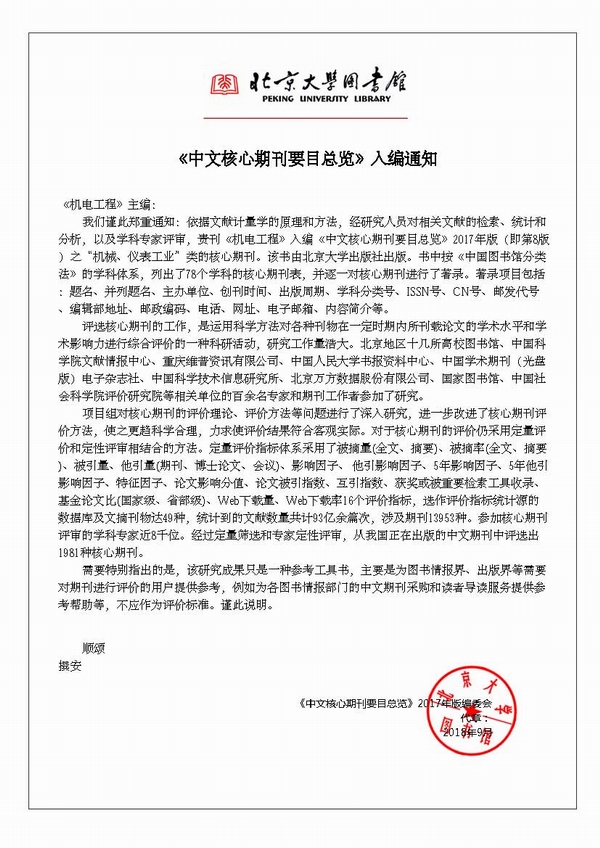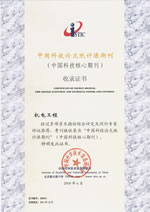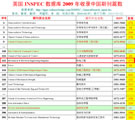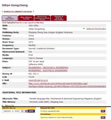JOURNAL OF MECHANICAL & ELECTRICAL ENGINEERING
Founded in 1971 >
Chinese Sci-tech Core Periodicals >
British Science Abstracts (SA, INSPEC) Indexed Journals >
United States, Cambridge Scientific Abstract: Technology (CSA: T) Indexed Journals >
United States, Ulrich's Periodicals Directory(UPD)Indexed Journals >
United States, Cambridge Scientific Abstract: Natural Science (CSA: NS) Indexed Journals >
Poland ,Index of Copernicus(IC) Indexed Journals >
International Standard Serial Number:
ISSN 1001-4551
Sponsor:
Zhejiang University;
Zhejiang Machinery and Electrical Group
Edited by:
Editorial of Journal of Mechanical & Electrical Engineering
Chief Editor:
ZHAO Qun
Vice Chief Editor:
TANG ren-zhong,
LUO Xiang-yang
Tel:
86-571-87041360,87239525
Fax:
86-571-87239571
Add:
No.9 Gaoguannong,Daxue Road,Hangzhou,China
P.C:
310009
E-mail:
meem_contribute@163.com
Multi-objective lightweight research of a door structure
Published:2020-07-09
author:HOU Zhen-fang1,2, HU Hai-ou2, ZHANG Ai-bing1, LI Hong-liang2, HUO Jun-yan2
Browse: 1990
Check PDF documents
Multi-objective lightweight research of a door structure
HOU Zhen-fang1,2, HU Hai-ou2, ZHANG Ai-bing1, LI Hong-liang2, HUO Jun-yan2
(1.School of Mechanical Engineering and Mechanics, Ningbo University, Ningbo 315211,China;
2.China Automotive Technologyand Research Center Co.,Ltd., Tianjin 300300,China)
Abstract: Aiming at the shortage that the multi-objective lightweight design of the existing structure using a single variable (for example, the thickness of the plate is an optimization variable), the shape variable created by the mesh deformation technology was introduced into the multi-objective lightweight design of the door structure. The parametric finite element model was established as the design variable at the same time as the thickness of the plate and the shape of the door structure. Dynamic test on the door was carried out to verify the reliability of the finite element model and the calculation results. Because of the low first-order frequency of the door, the first-order frequency and the minimum door mass were taken as the optimization targets, the vertical stiffness and the frame stiffness were taken as the constraints, the experimental design (DOE) were carried out, the Kriging function model was used to fit the target and constraints to be optimized. After the accuracy check, it was verified that the approximate function model met meets accuracy requirements. Finally, the multi-objective genetic algorithm was used for optimization calculation. The results show that the door quality is finally reduced by 2.84 kg (13% weight loss),and the first-order frequency is increased by 25.8 Hz when the vertical stiffness and the frame stiffness satisfy the constraint value.
Key words: door stiffness; lightweight; shape variable; morphing; multi-objective optimization
-

- Chinese Core Periodicals
-

- Chinese Sci-tech Core Periodicals
-

- SA, INSPEC Indexed
-

- CSA: T Indexed
-

- UPD:Indexed
-










